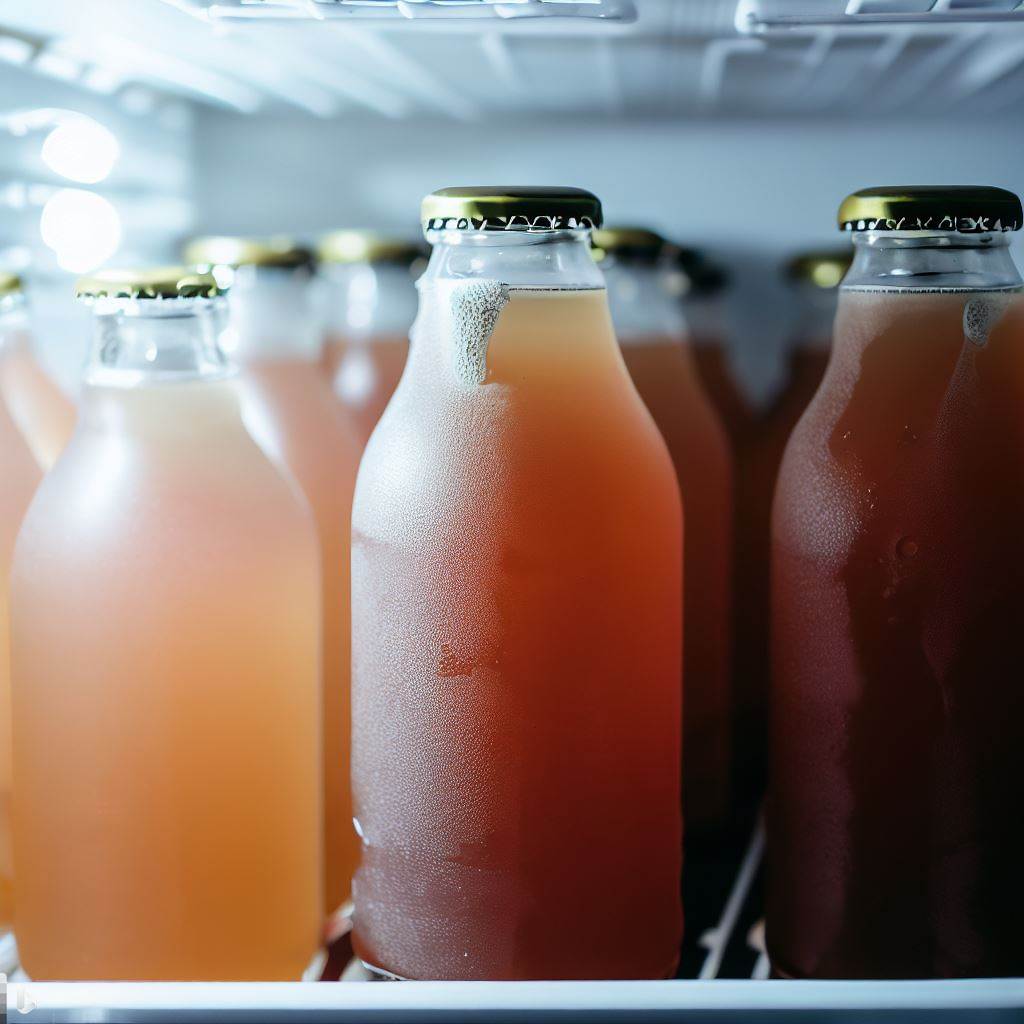How to Pronounce Jun: The Ultimate Guide to Enjoying Kombucha’s Delicate and Delicious Cousin
Are you a fan of kombucha but curious about its lesser-known cousin, jun? Pronounced “joon,” this effervescent and probiotic-rich beverage has been gaining popularity in recent years. But how exactly do you pronounce it? In this comprehensive guide, we’ll not only demystify the correct pronunciation of jun but also explore its unique characteristics, health benefits, and how it differs from traditional kombucha. So, grab a glass and join us on a journey to discover the world of jun!
Understanding Jun: Pronunciation and Origins
Before we dive into how to pronounce jun, let’s explore the origins of jun. Jun is a fermented tea beverage that shares similarities with kombucha but has its own distinct flavor profile. It originated in Tibet and is traditionally made by fermenting green tea and honey with a SCOBY (Symbiotic Culture of Bacteria and Yeast) called a “mother.” The result is a delicate and slightly sweet beverage with a lighter taste compared to kombucha.
Now, let’s address the pronunciation. Jun is pronounced as “joon,” rhyming with “moon.” The “j” sound is soft, similar to the “zh” sound in the word “treasure.” So, when ordering or discussing jun, confidently say “joon” to ensure you’re accurately referring to this delightful beverage.
The Unique Characteristics of Jun
Jun stands out from traditional kombucha in several ways. While kombucha is typically made with black tea and sugar, jun is made with green tea and honey. This difference in ingredients gives jun a milder and more delicate flavor profile. Jun also tends to have a lighter color and a smoother mouthfeel compared to kombucha.
In terms of fermentation, jun typically ferments at a slightly lower temperature and for a shorter duration than kombucha. This results in a beverage with a lower acidity level and a more subtle tanginess. Jun is often described as having floral and fruity notes, making it a refreshing and enjoyable alternative to kombucha.
Health Benefits of Jun
Like kombucha, jun offers a range of potential health benefits. It is a probiotic-rich beverage that supports gut health and digestion. The fermentation process creates beneficial bacteria and enzymes that can aid in nutrient absorption and promote a healthy gut microbiome.
Jun also contains antioxidants, vitamins, and minerals from the green tea and honey used in its production. These compounds have been associated with various health benefits, including immune support, improved energy levels, and reduced inflammation.
How to Incorporate Jun into Your Daily Routine
Now that you know how to pronounce jun and understand its unique characteristics and health benefits, you may be wondering how to incorporate it into your daily routine. Here are a few suggestions:
- Enjoy it as a standalone beverage: Sip on a chilled glass of jun as a refreshing and probiotic-rich alternative to other sugary or carbonated drinks.
- Mix it into cocktails: Jun’s delicate flavor makes it a fantastic addition to cocktails. Experiment with different combinations to create unique and flavorful beverages.
- Use it in culinary creations: Incorporate jun into salad dressings, marinades, or even as a substitute for vinegar in recipes to add a subtle tang and depth of flavor.
Conclusion
Jun, in conclusion, is the delicate and delicious cousin of kombucha. It offers a unique and enjoyable drinking experience. Now that you know how to pronounce it correctly and understand its characteristics and health benefits, it’s time to give it a try. Whether you enjoy it on its own, mix it into cocktails, or use it in culinary creations, jun is a versatile and probiotic-rich beverage that can elevate your daily routine.
So, are you ready to embark on a jun-filled journey? Give it a try and let us know your favorite way to enjoy this delightful beverage! Check out our QuickStart guide to get going on your Brewing Journey.
Happy Brewing Yall!







